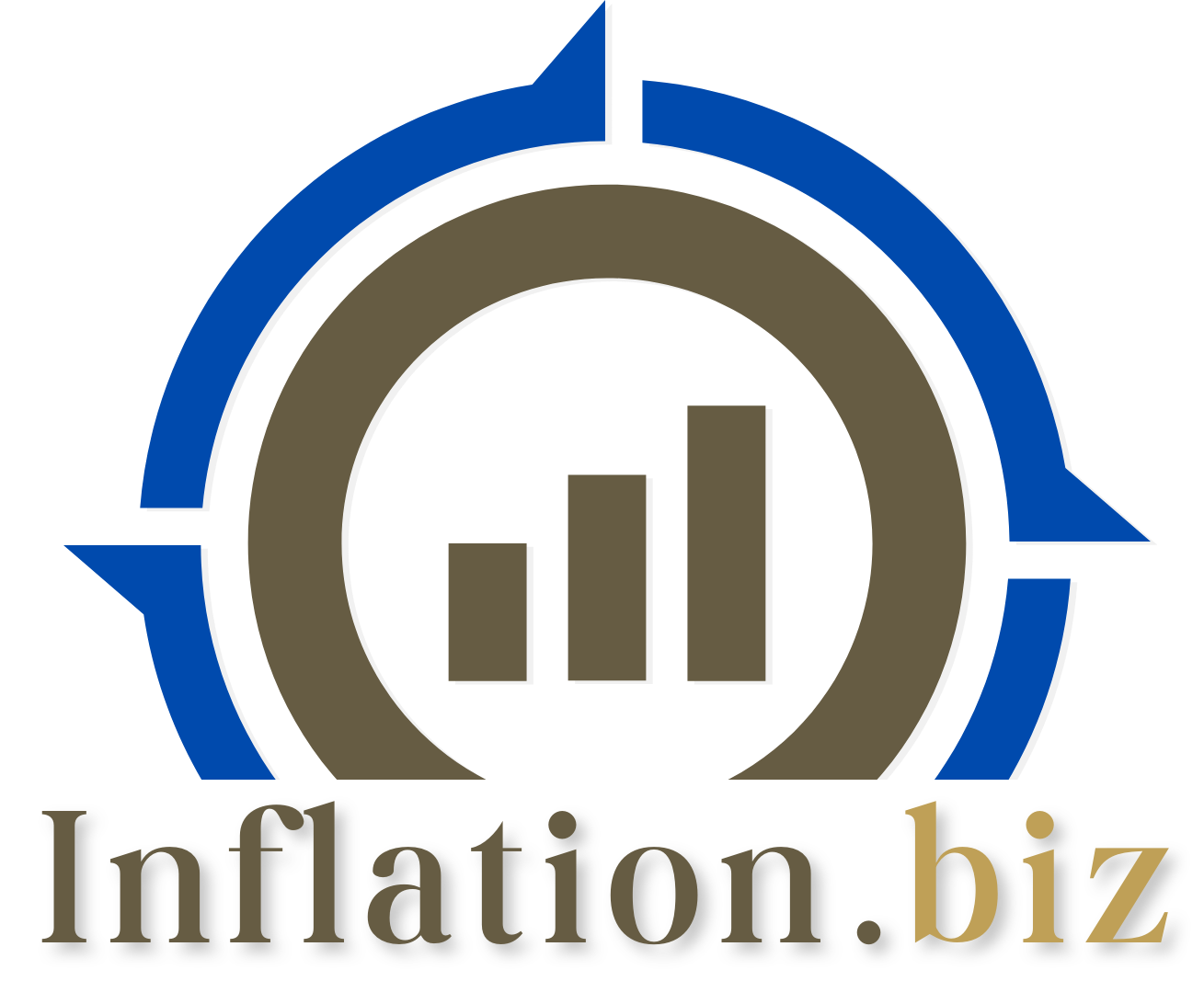Inflation impacts small businesses in a variety of ways. As prices rise, small business owners must decide how to adjust their operations in order to stay profitable. This can be a difficult decision, as any changes might mean layoffs or reducing services that are vital for customer satisfaction. However, with careful planning and careful consideration of the current economic climate, small business owners can make decisions that will help them stay afloat regardless of inflation. Let’s explore some of the effects of inflation on small businesses and how to plan accordingly.
The Effects of Inflation on Small Businesses
Inflation affects small businesses in three primary ways: pricing, wages, and taxes. As prices rise, small business owners must raise their prices in order to keep up with the times and remain competitive with other businesses in their market. This can be tricky if there is a lot of competition in the area; raising prices too much could put customers off buying from your store while raising them too little could lead to undercharging and lost profits.
Wages also increase during times of inflation since workers need more money in order to purchase necessities like food and rent. While this is beneficial for employees, it also means that business owners have to pay more for labor costs which can have a negative impact on profits if not planned properly. Finally, taxes also tend to increase when inflation occurs as governments seek additional revenue sources to cover rising costs associated with inflationary periods.
Planning for Inflation
So what should small business owners do when faced with an inflationary period? The most important thing is to plan ahead so that you know exactly how you’ll handle rising costs before they become an issue. Start by researching what other businesses are charging for similar products or services so that you can set competitive prices without pricing yourself out of the market. Additionally, research wage trends in your area so that you know how much you’ll need to pay employees going forward and ensure that your budget will accommodate these higher wages without sacrificing the quality or quantity of goods/services provided. Finally, consider increasing savings now so that you can easily cover unexpected expenses due to rising taxes later on down the line.
While inflation can be daunting for small business owners, it doesn’t have to spell disaster if approached correctly. With careful planning and knowledge about current market conditions, it’s possible to make decisions that will help your business survive through difficult economic times—even those caused by high rates of inflation! By researching competitors’ pricing models and wage trends as well as setting aside funds for tax increases now rather than later, small business owners can rest assured knowing they’re prepared for whatever comes their way during an inflationary period.

Recent comments